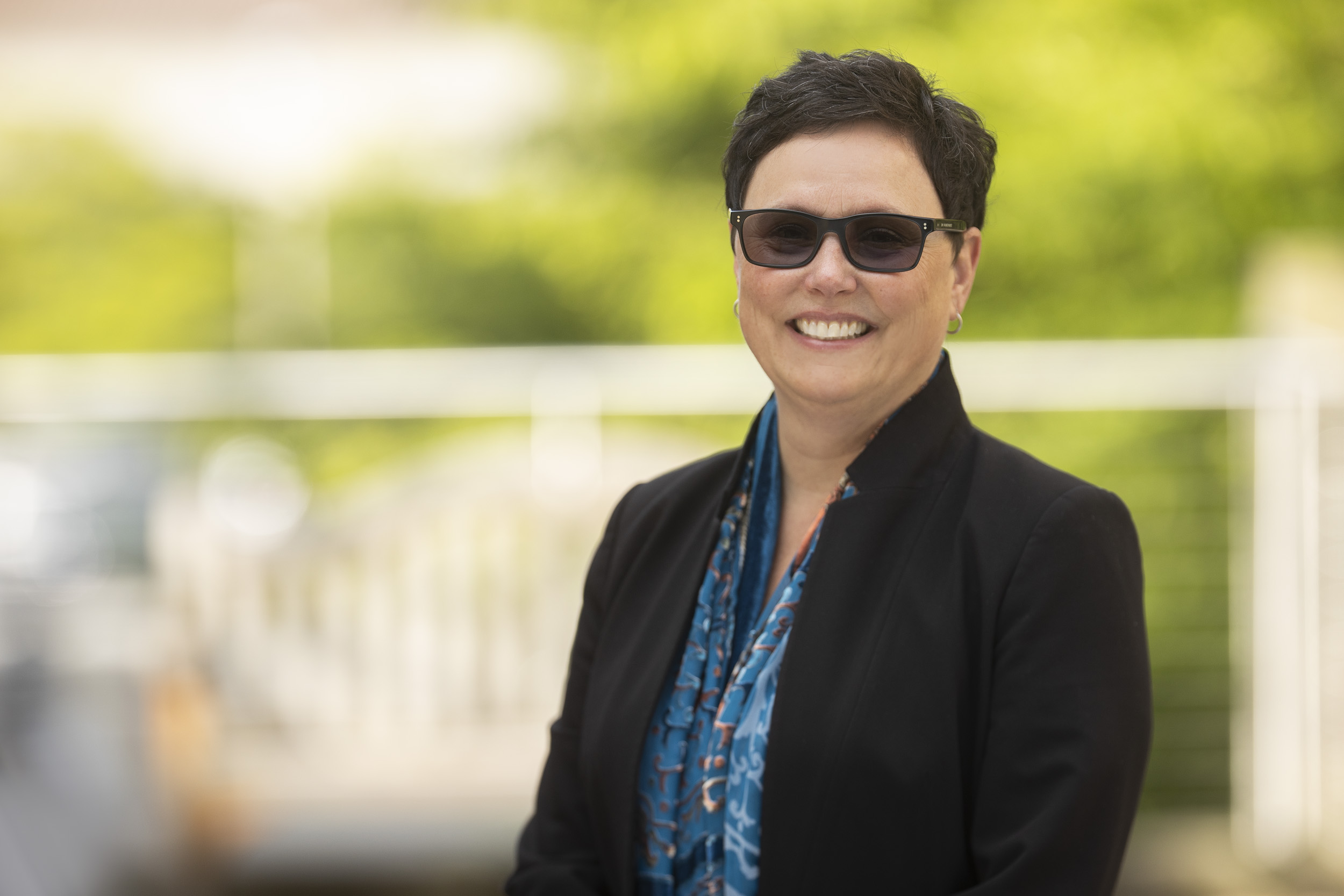
Michele A. Basso
Professor
Biological Structure and Physiology and Biophysics
School of Medicine
mbasso@uw.edu
Michele A. Basso faculty page
What is your Research Focus?
My research program seeks to answer some of the most pressing questions in neuroscience and I incorporate a variety of experimental approaches, bridging gaps between cellular and systems level neuroscience. We know very little about how the activity of populations of neurons and the circuits they create give rise to higher mental function, yet answers to circuit-based questions I believe, will reveal the fundamental mechanisms underlying neurological and neuropsychiatric diseases ranging from Parkinson’s disease and dystonia, to addiction, autism, depression and schizophrenia. The primary focus of my lab emphasizes behavioral, electrophysiological and computational techniques in monkeys. We also perform experiments using the in vitro rodent model, biophysical tools such as patch-clamp recording, and we make use of advances in molecular biology and genetics using transgenic mice combined with optogenetics to uncover cellular and circuit mechanisms of higher mental function. In the lab, we also extend the principles learned from fundamental science to translational research with patients. These efforts are leading to new ways of thinking about symptoms seen in patients with Parkinson’s disease. Our work represents an important step forward in understanding the neurobiology of Parkinson’s disease and may help fill unmet clinical needs by providing clues into how cognitive dysfunction may underlie motor symptoms, as well as identifying novel ways to detect the disease earlier in its course. Specific questions we are asking in my laboratory include; 1) how are decisions represented in the sensorimotor networks of the basal ganglia and superior colliculus? 2) what are the computational principles that underlie decision-making? 3) how might these mechanisms go awry in disease? and 4) what are the cellular and synaptic mechanisms and dynamic properties of sensorimotor networks in the superior colliculus underlying decision-making?
What opportunities at the UW excite you?
I am thrilled to be at UW and to be serving as the Director of the Washington National Primate Research Center. The long history of innovation and scientific advances, especially in neuroscience, is unparalleled. I believe we have a moral obligation to perform scientific research, to bring our knowledge and talent to bear on human and other animal suffering. And I am especially excited about the science ongoing at WaNPRC, and all around UW, about learning new things, and building cross disciplinary collaborations to further the national and global impact of WaNPRC and the UW.